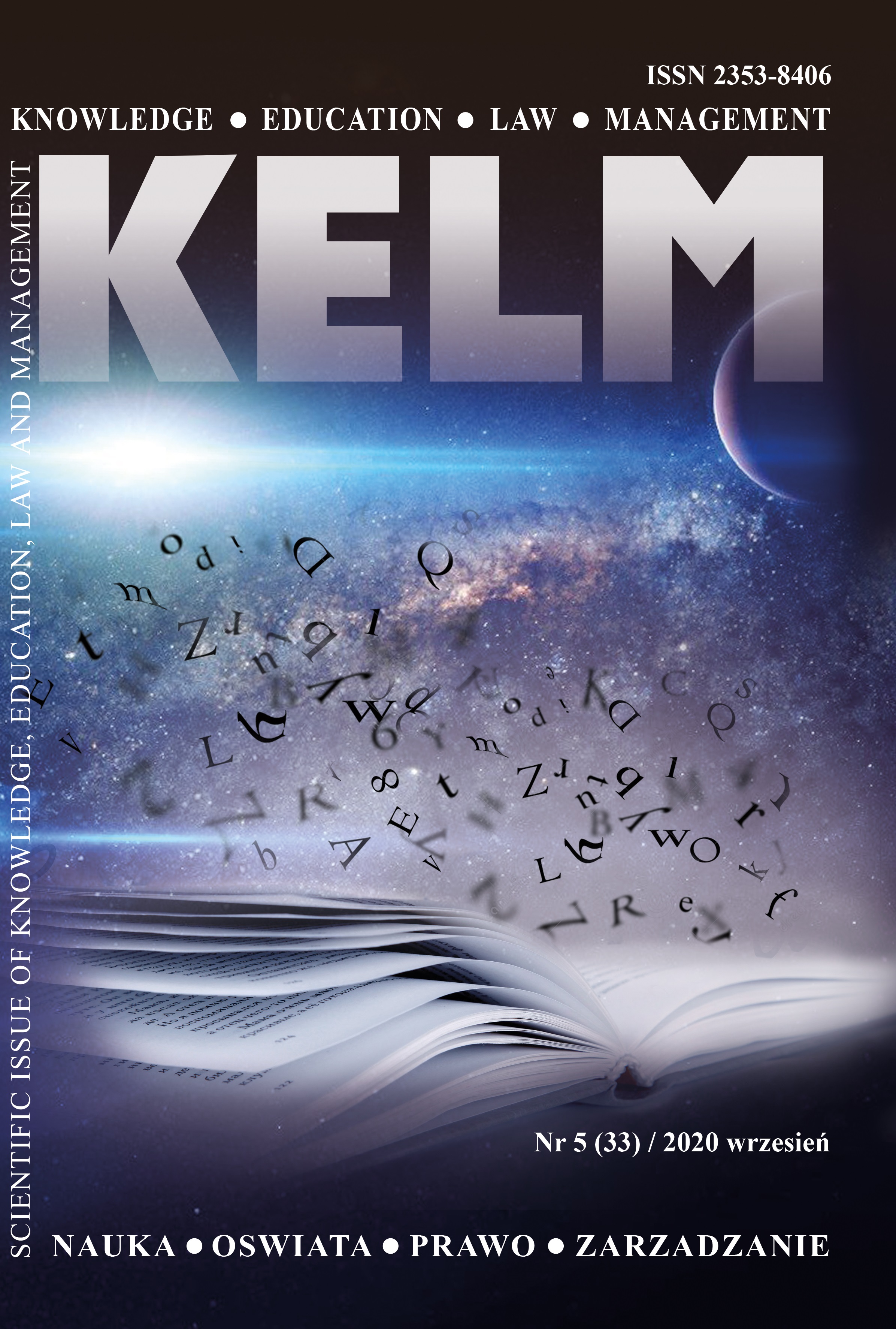Anotation. The article highlights the results of the diagnostic stage of a natural pedagogical experiment to prepare future designers for the artistic and aesthetic interpretation of works of fine art. The following scientific methods were used to solve the tasks and ensure the reliability of the provisions and conclusions: study and generalization of theoretical and practical scientific experience, analysis, synthesis, comparison, explanation, conversation, lecture, artistic and aesthetic interpretation of works of art. The author explores the hermeneutic nature of artistic and project activity and its integrative connection with the nature of being in its material (subject, natural) and spiritual manifestations of human existence on the example of scientific and artistic achievements of artists of kinetic art. In the article the author on the basis of a survey of future designers, on their own understanding of the true essence of graphic transformation of form in design, explores the degree of development of emotional intelligence, critical, spatial and figurative thinking of students. The author reflects as a critical understanding of the essence of logical-intuitive and intuitive-logical way of knowing the construct of artistic and aesthetic interpretation of art, forms in students a conscious understanding of the need to distinguish emotionally superficial primary monologue and deep dialectical interaction in the communication channel of interpretation. The author emphasizes the understanding of the natural foundation of creative activity based on cognitive, spiritual and material development of man and its role in understanding the true power of art, both in the image and in the formation of information innovations in society. The author argues the need to master the complex specifics of the didactic triad of artistic and aesthetic interpretation by future designers in the process of personal and professional self-actualization.
Keywords: The article highlights the results of the diagnostic stage of a natural pedagogical experiment to prepare future designers for the artistic and aesthetic interpretation of works of fine art. The following scientific methods were used to solve the tasks and ensure the reliability of the provisions and conclusions: study and generalization of theoretical and practical scientific experience, analysis, synthesis, comparison, explanation, conversation, lecture, artistic and aesthetic interpretation of works of art. The author explores the hermeneutic nature of artistic and project activity and its integrative connection with the nature of being in its material (subject, natural) and spiritual manifestations of human existence on the example of scientific and artistic achievements of artists of kinetic art. In the article the author on the basis of a survey of future designers, on their own understanding of the true essence of graphic transformation of form in design, explores the degree of development of emotional intelligence, critical, spatial and figurative thinking of students. The author reflects as a critical understanding of the essence of logical-intuitive and intuitive-logical way of knowing the construct of artistic and aesthetic interpretation of art, forms in students a conscious understanding of the need to distinguish emotionally superficial primary monologue and deep dialectical interaction in the communication channel of interpretation. The author emphasizes the understanding of the natural foundation of creative activity based on cognitive, spiritual and material development of man and its role in understanding the true power of art, both in the image and in the formation of information innovations in society. The author argues the need to master the complex specifics of the didactic triad of artistic and aesthetic interpretation by future designers in the process of personal and professional self-actualization.
THE HERMENEUTIC NATURE OF DESIGN ON THE EXAMPLE OF GRAPHIC TRANSFORMATION OF FORM IN OPTICAL ART
Valeriia Ivchenko
Postgraduate Student at the Department of PedagogyKryvyi Rih State Pedagogical University (Kryvyi Rih, Dnipropetrovsk region, Ukraine)
ORCID ID: 0000-0002-8011-2306
